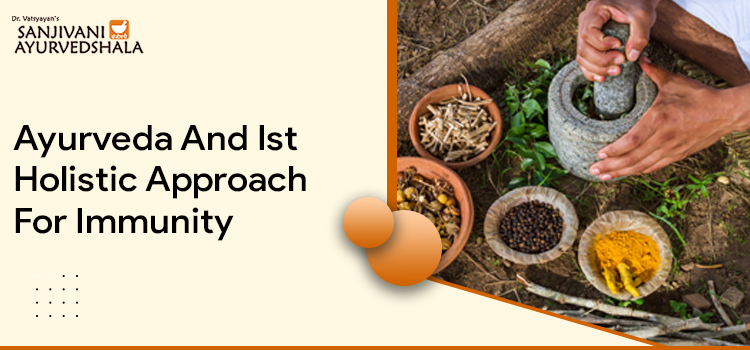Ayurvedic Remedies and Dietary Approaches for Naturally Managing Stress.
In this era, people are suffering from different health conditions, including stress. Stress is a condition in which people feel under pressure and threatened. It usually happens when people are in a situation they cannot manage or control.
What is the definition of stress?
Stress is a natural aspect of life and can be a great source of growth and learning or a significant source of trouble. Stress causes the release of potent hormones and neurochemicals that prime us for action. The stress reaction has the potential to cause or exacerbate health issues. The most destructive kinds of stress are unplanned, unbroken, prolonged, and uncontrolled. The best Ayurvedic clinic in Ludhiana offers you appropriate treatment.
Ayurvedic approach to manage stress.
The Ayurvedic approach to stress and most health concerns is based on an imbalance in our energetic properties.
- Take some time to enjoy nature: The elements of space and air make up vata, the energy of motion. The properties of water and earth can create equilibrium, based on the idea that increases and opposite bring balance. Stroll near a lake, the sea in the mountains, or through the woods. Walk barefoot to connect with nature truly.
- Pranayama: Breath control is the literal translation of pranayama. Our breath is our life force energy, and we can improve our mental and physical serenity and prana by lengthening and deepening our breath. There are many different breathing techniques in yoga and Ayurveda, but ujjaya, nadi shodhana, and bhramari are the best for soothing and rebalancing data.
- Individual abhyanga: Humans are social animals meant to be in close physical contact with others. These interactions release endorphins or happy hormones, lowering the stress-induced hormone cortisol. Applying oil externally through self-massage can effectively balance out any vata imbalance.
- Ashwagandha: It is an adaptogenic herb, and it makes perfect sense that it is referred to as the king of herbs due to its fantastic ability to auto-balance the body and mind. It reduces the sympathetic response and promotes the parasympathetic response.
Meals that have the potential to alleviate stress.
Different foods can reduce stress.
- Avocado: Avocados are high in vitamin B, which may help reduce anxiety when eaten regularly. Foods high in B vitamins have been associated in studies with fewer symptoms and anxiety levels.
- Blueberries: Blueberries have antioxidants that are beneficial for reducing stress and aid in delaying and preventing cell damage.
- Foods High in Calcium: Foods high in calcium include plants like kale and spinach and dairy products like milk and yogurt.
- Oyster: In oysters, a high amount of zinc is present. Three ounces of raw oysters provide 32 milligrams of zinc, or 291% of your recommended daily allowance.
- Salmone: Stress can raise anxiety hormone levels, including cortisol and adrenaline. Consequences of stress on the body. Omega-3 fatty acids, found in salmon, aid in lowering those hormone levels.
- Chamomile tea: Sipping a cup of chamomile tea might aid in relaxation. Flavonoids, antioxidants with potential anti-anxiety effects, are found in chamomile.
- Green tea: When it comes to tea varieties, green tea has the highest theanine content. An amino acid called theanine reduces anxiety, promotes relaxation, and relieves stress.
- Water: By interacting with the brain, water may lessen anxiety. Water consumption gives your brain the nutrition and energy to function correctly.
The best Ayurvedic doctor in Ludhiana recommends Ayurvedic treatments for the treatment of several health related issues. Make an appointment with Sanjivani Ayurvedshala to get your stress treated.


